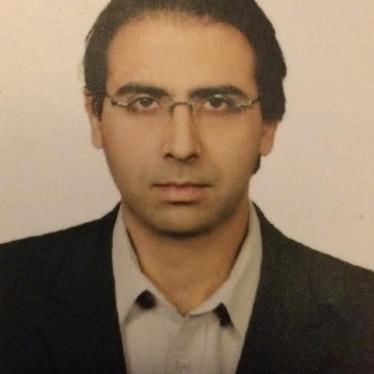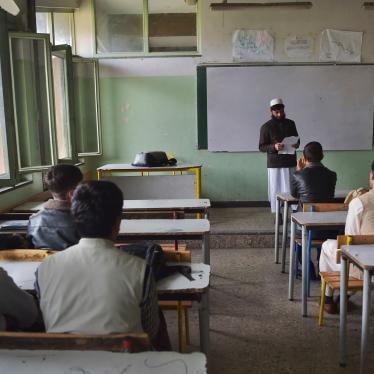Public outrage over the January rape and murder of 7-year-old Zainab Ansari prompted Pakistan’s government to promise action. Unfortunately, that promise has led to authorities now considering an execution of her convicted killer in public. The supposed rationale is that a public hanging will have a greater deterrent effect than one inside prison walls.
On June 28, the Lahore High Court referred a petition from the girl’s father to a division bench to decide if Imran Ali, convicted and sentenced to death for Zainab’s rape and murder, should be hanged publicly. Punjab’s former chief minister had earlier said that he was willing to amend the law to introduce public hangings for the offense of child rape.
Shock and anger at child sexual abuse and violence is understandable and the cruelty and callousness of the attack upon Zainab can shake the conscience of a nation. But Pakistan’s government has yet to acknowledge that Zainab’s death can also be partly attributed to a systemic failure of the authorities to protect children.
Zainab was abducted in January from Punjab province’s Kasur district, where more than 700 cases of child abuse have been recorded since 2015, including Pakistan’s largest child abuse scandal that left at least 280 victims. Punjab’s provincial government failed to act in these cases, enabling murders like Zainab’s to continue.
A public hanging – or any execution for that matter – will not absolve the state of that failure. Nor will it make Pakistani children safer.
Human Rights Watch opposes all capital punishment under all circumstances because of its inherent cruelty.
Child sexual abuse is underreported in Pakistan due to social stigma, poor response by the criminal justice system and other structural and social barriers. Rather than allowing children to be exposed to continued violence and relying on harmful, empty spectacles like public executions for justice, Pakistan owes it to them to do the hard work by addressing these barriers and offering real protection.










